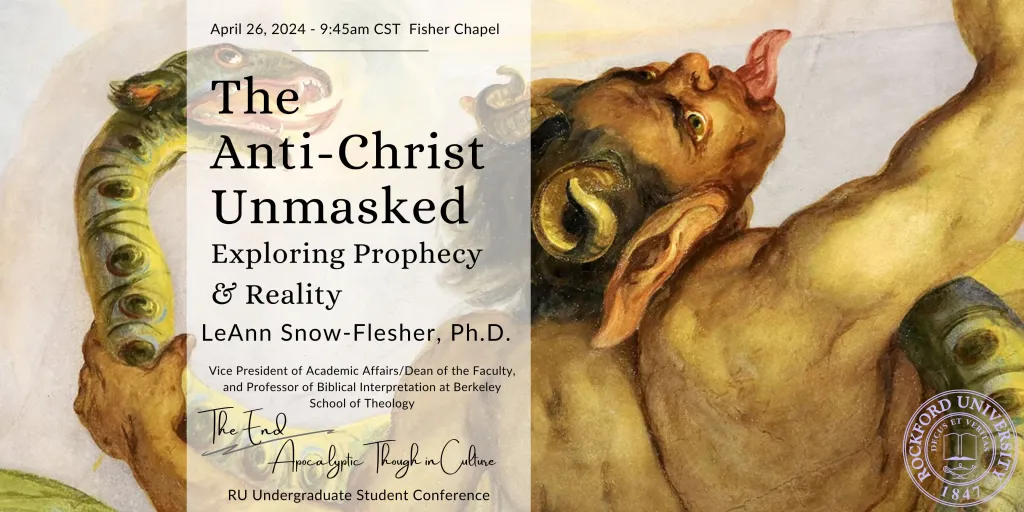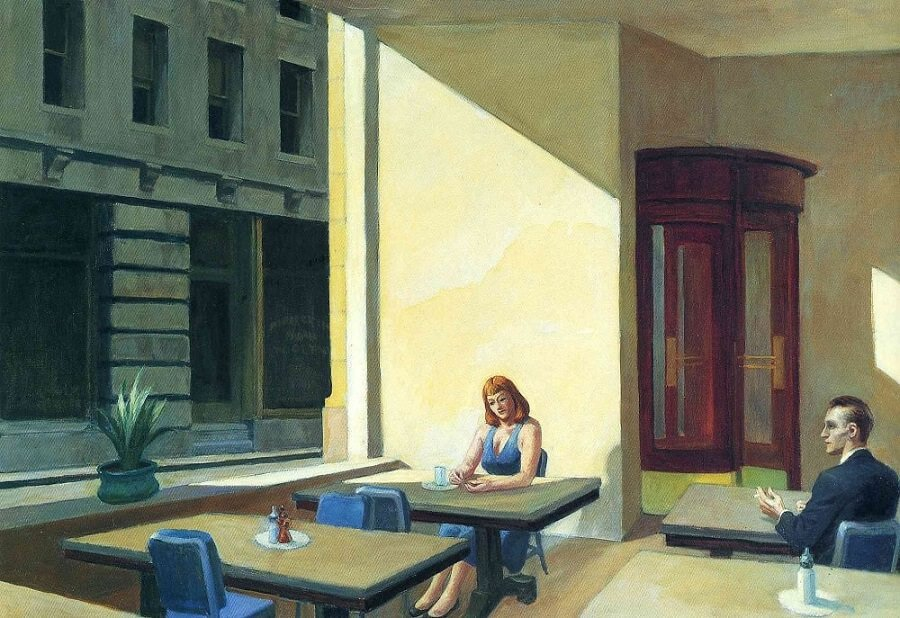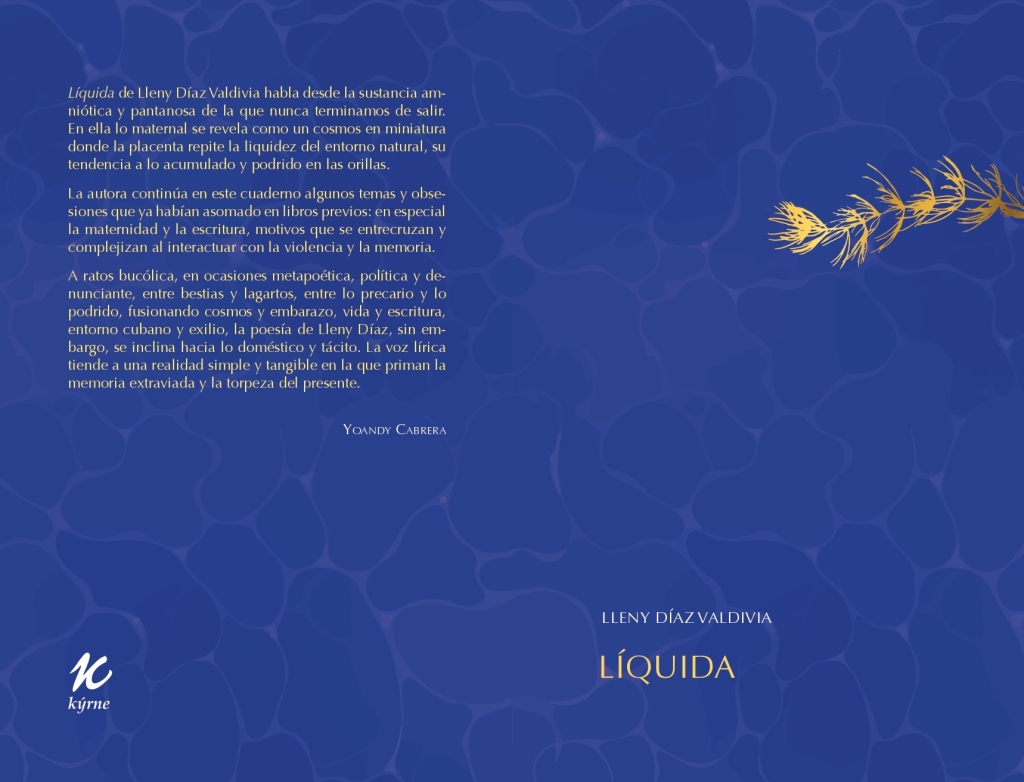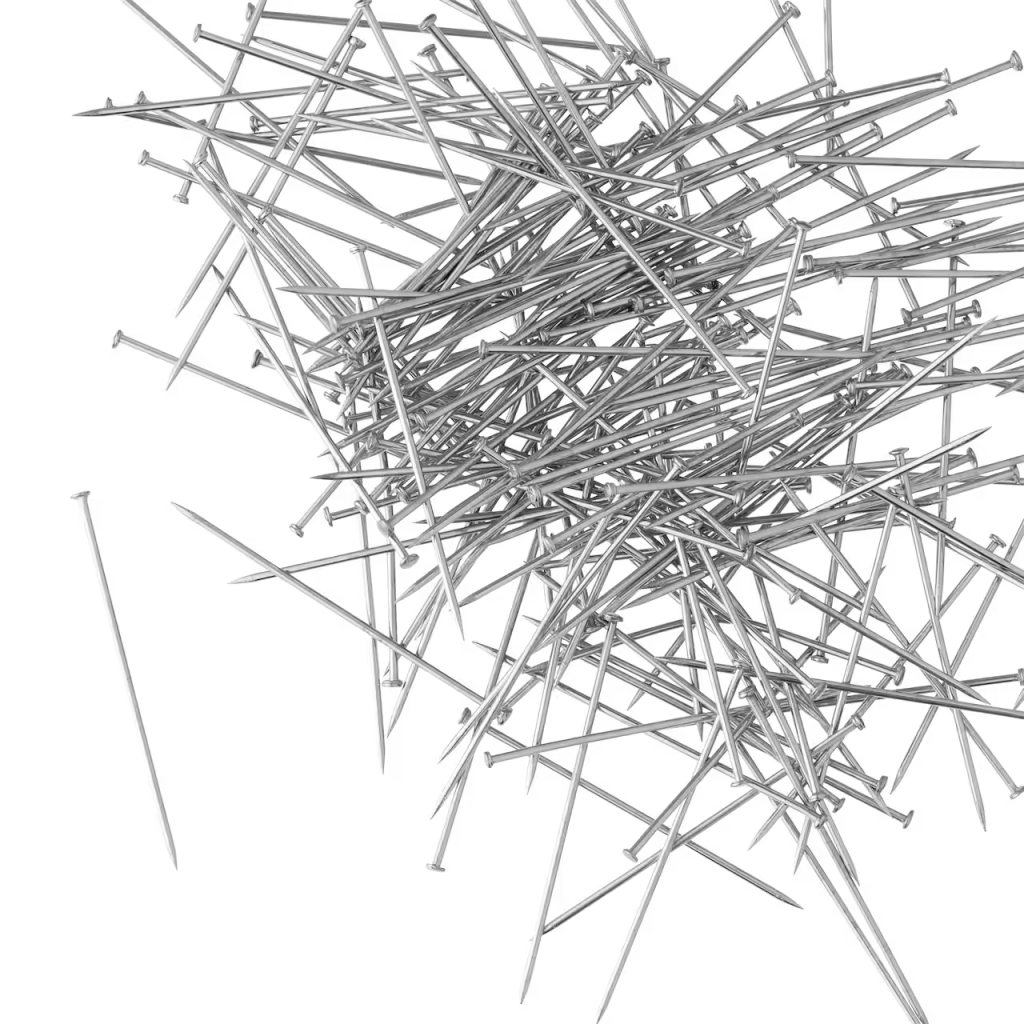Introductory Note by Dr. Yoandy Cabrera
Jorge Luis Arcos, like Fina García-Marruz, is one of those writers for whom essay, analysis, and poetry intersect and complement each other. Though he was old enough to belong to those known as “Generación de los 80,” he began to publish his poetry with the next batch of authors, thus, generationally he rests in a unique sort of limbo. Arcos and Raúl Hernández Novás are the poetic voices of the last decades that carry the origenista achievements down other possible paths. Where Lezama, García-Marruz, and Vitier believed themselves to have already envisaged an answer to their questions, Arcos and Novás continued questioning. They injected an agonizing continuity to the insular teleology, an ancient and distressing questioning of the divine.
From the origenista Christian God, we move to the Greek daemon in Arcos, a more neutral concept that refers to both negative and positive connotations. He asks, as the origenistas do, for God and the transcendental, but in this continuous investigation, for which there is no possible telos, there is for me the most subtle and intelligent transgression of origenismo. It speaks to an Orphism that assumes his visionary capacity, but also his interminable punishment. To an Eros that combines both Aphrodite Pandemos and Urania. A voice closer to Lorenzo García Vega’s negative mysticism than to Narcissus in high tide.
In Arcos, there is a search for fulfillment in silence, in a somewhat intermittent style that links galaxies of meaning in little islets (strange islands) that make up some of his poems. In Arcos, the silences are read. His syntax denotes despair, but also clear intuition. Intensely intertextual, but never bookish. His Eros palpates, lubricates the language and all possible intensities that inhabit him. Arcos succeeds in linking his poetry to Empedocles, Catullus, Dante, San Juan de la Cruz, Quevedo, Casal, García-Marruz, García Vega…, “like an impossible tapestry”.
Ambiguity, androgyny, and changeability motivate his verses. His search for the divine is also an investigation into desire and thought. In his writing, he goes after the hidden white goddess. While it’s true that Eros and fragmentation prevail in Sincronismos, thought, desire, skepticism, and the daimonic have already appeared interconnected from his previous books of poems (De los ínferos [“On What Lies Below”], La avidez del halcón [“Yearning of the Falcon”] and El libro de las conversiones imaginarias [“Book of the Imaginary Conversions”]).
Poems by Jorge Luis Arcos
Visitaciones de la muerte o el amor 4
Sí, volver a ser el pobre.
Volver a ser el náufrago, el peregrino
el huérfano demente de las islas salvajes.
Volver a entrar como un mendigo
con las manos horadadas por las monedas
más espléndidas, en la reservada belleza
de una triste sonrisa, ¡como el huésped sagrado
en la casa de Eumeo!
Visitations from Death or Love 4
Yes, I go back to being the poor again.
Return to being the castaway, the pilgrim
the demented orphan of the wild islands.
Entering again as a beggar
with hands pierced by the most splendid coins,
in the reserved beauty
of a sad smile, like the sacred guest
in Eumaeus’ house!
Toda palabra es un mendigo
Toda palabra es un mendigo
un pozo que es un sol
una muchedumbre legendaria
Toda palabra es un mendigo
y la memoria es un pecio
y un extraño escozor la bienaventuranza
Ah, toda palabra es un mendigo
un pueblo errante
una intemperie reservada
¡Antiguos y futuros parentescos
fluyendo como ríos
naciendo con el alba!
Porque toda palabra es un mendigo
un mausoleo de voces
ya muertas ya nonatas
Every Word Is a Beggar
Every word is a beggar
a well that is a sun
a legendary multitude
Every word is a beggar
and the memory is flotsam
and the bliss a strange itch
Ah, every word is a beggar
a wandering people
a reserved weather outside
Past and future kinships
flowing like rivers
being born with the dawn!
Because every word is a beggar
a mausoleum of voices
either dead or unborn

Translation: Juliana Theodorakis and students from the Advanced Translation Theory and Practice class, taught by Dr. Yoandy Cabrera at Rockford University, Spring 2020.
Correction: Dr. Eliana Rivero, Dr. Marilén Loyola, and om ulloa.






Leave a comment